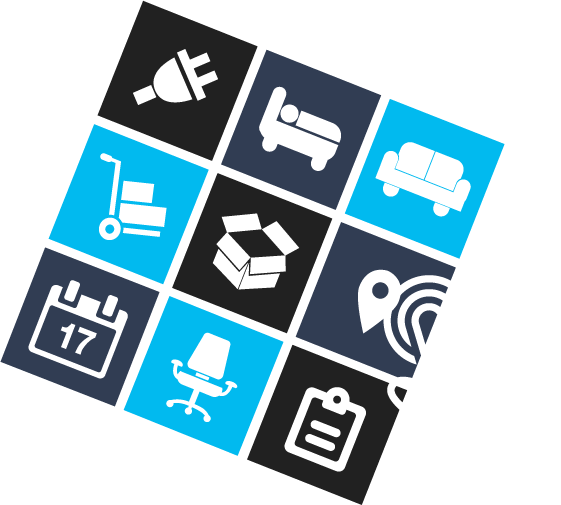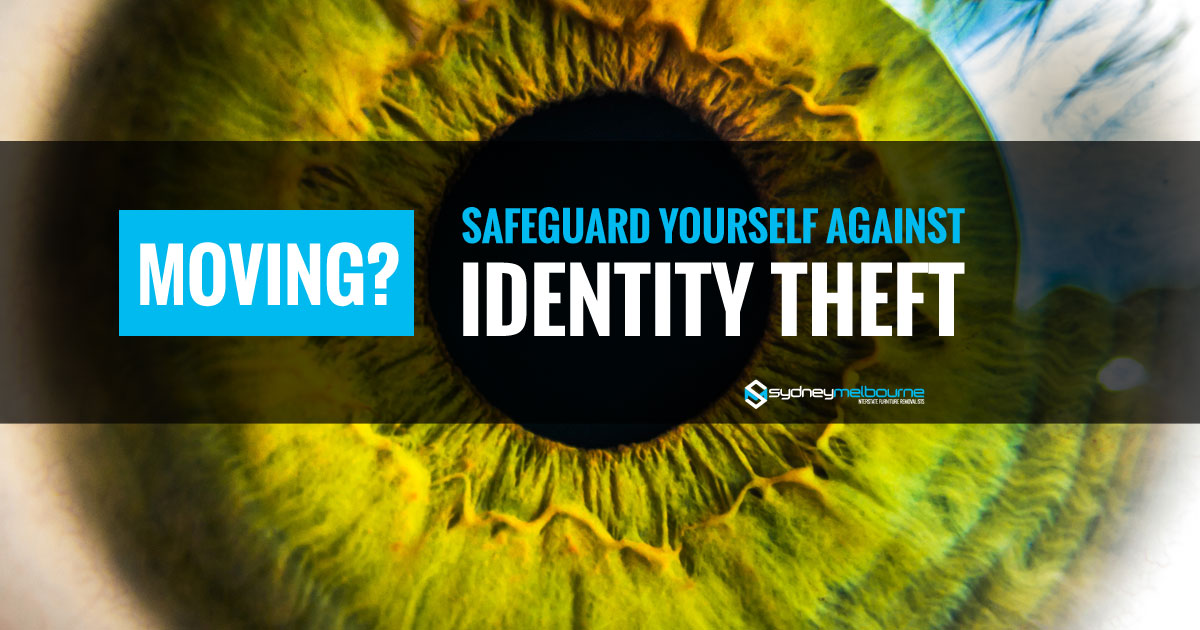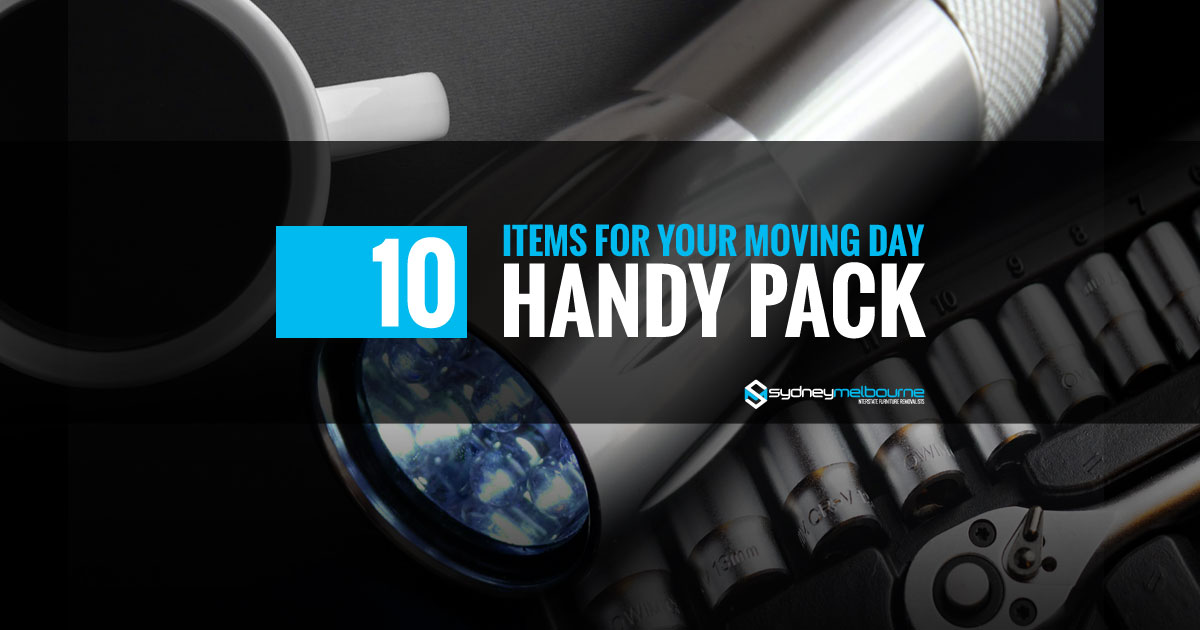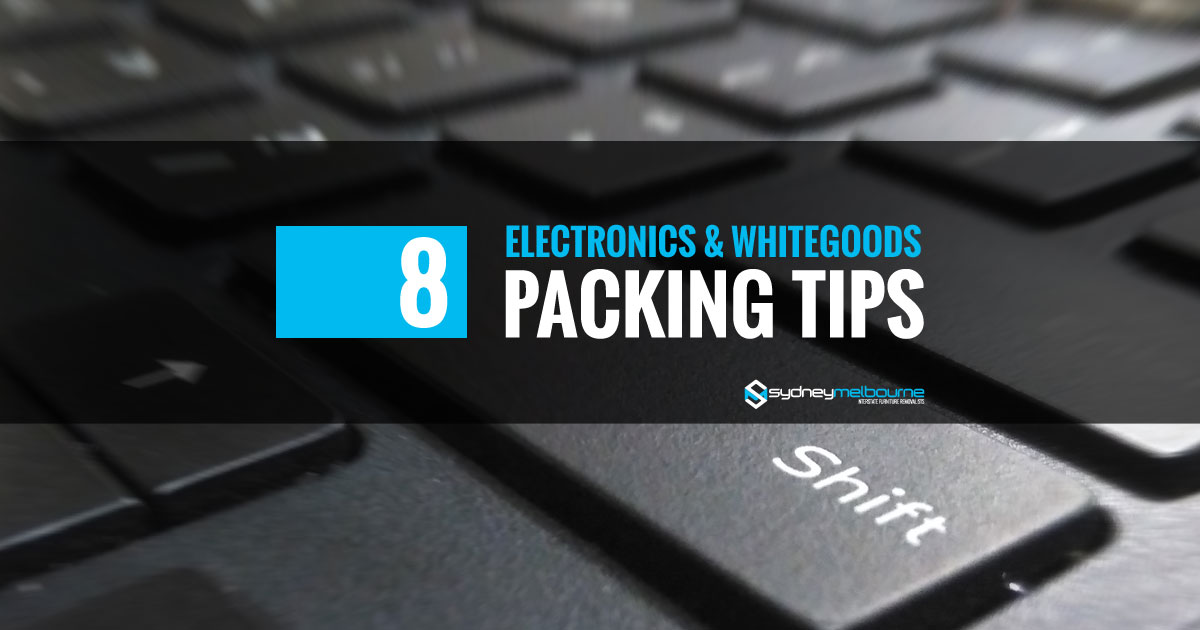Safeguard Yourself from Identity Theft When Moving
Removalists from Sydney to Melbourne
We pride ourselves on providing a fast, friendly, efficient and value for money service for your furniture removal between Sydney, Melbourne and anywhere in between.
Our experienced furniture removalists are backed by a friendly and knowledgable team in our Melbourne based office. If you have any questions or would like someone to help you get your move underway, please give us a call on (1800) 800 357. We look forward to helping you towards an affordable, low-fuss move.
Sydney to Melbourne Daily
Our furniture removalists are loading between Sydney and Melbourne every day, providing fast, reliable and personal service for all types and sizes of moves.
Low Backloading Rates
We deliver the highest possible levels of customer service and satisfaction from the start to finish of your move, all at our highly discounted backloading rates.
Read MoreExperienced Removalists
Our professional, friendly and experienced furniture removalists will take the greatest of care when loading and transporting your furniture and belongings.




